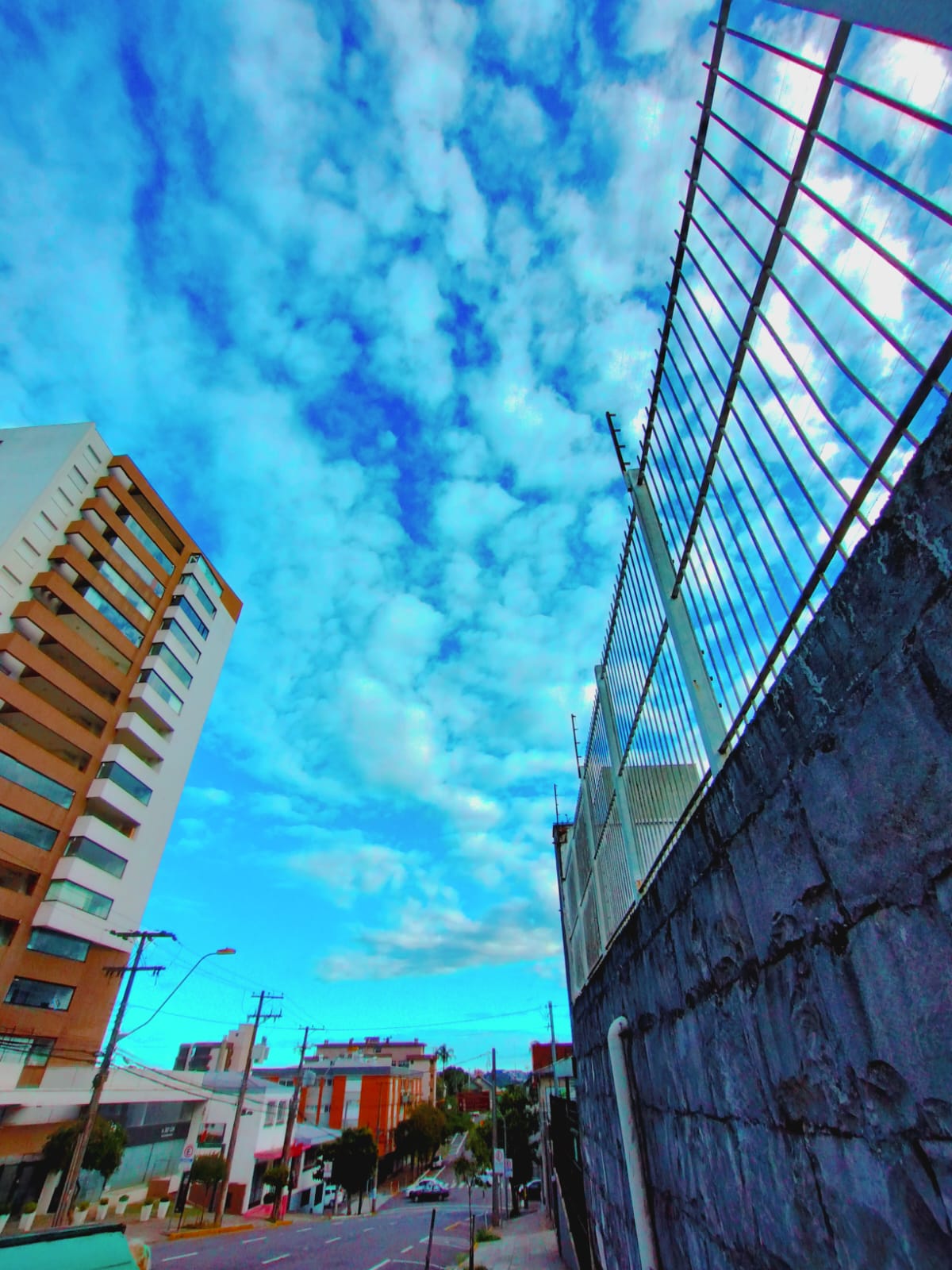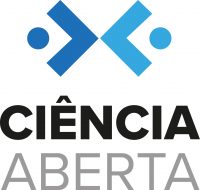Cadernos de Receitas:
Uma tradição familiar explícita do compartilhamento do conhecimento
Palavras-chave:
Cadernos de receitas, Compartilhamento de Conhecimento, Análise Sensorial dos Alimentos, Conhecimento Explícito, GastronomiaResumo
O presente estudo toma por fio condutor o conhecimento e suas variantes, aplicando as teorias básicas à área da gastronomia. Entendendo esta área como um patrimônio humano intangível, este estudo se propôs a explicitar a existência de impactos sensoriais em preparações culinárias a partir da feitura por sujeitos com distintos conhecimentos. Utilizando como objeto de estudos cadernos de receitas familiares, os pesquisadores selecionaram quatro preparos que foram feitos e replicados em momentos distintos para, amparado em análises sensoriais, serem avaliados e comparados os níveis de aceitação pelo público. Tais comparações permitiram aos autores inferirem pontos observados acerca das variantes dos conhecimentos dos cozinheiros; mesmo possuindo ambientes, insumos e receitas idênticas, os preparos finalizados apresentaram-se de formas distintas. A subjetividade de cada sujeito se fez presente em cada uma das versões avaliadas, ou seja, os preparos não seguiram determinada padronização. Observou-se, por fim, novas lacunas de conhecimentos que novas pesquisas podem atuar.
Downloads
Publicado
Como Citar
Edição
Seção
Licença
Autores que publicam nesta revista concordam com os seguintes termos:
Os Autores mantém os direitos autorais e concedem à revista o direito de primeira publicação, com o trabalho simultaneamente licenciado sob a Creative Commons Attribution License que permitindo o compartilhamento do trabalho com reconhecimento da autoria do trabalho e publicação inicial nesta revista.
Autores têm autorização para assumir contratos adicionais separadamente, para distribuição não-exclusiva da versão do trabalho publicada nesta revista (ex.: publicar em repositório institucional ou como capítulo de livro), com reconhecimento de autoria e publicação inicial nesta revista.
Autores têm permissão e são estimulados a publicar e distribuir seu trabalho online (ex.: em repositórios institucionais ou na sua página pessoal) a qualquer ponto antes ou durante o processo editorial, já que isso pode gerar alterações produtivas, bem como aumentar o impacto e a citação do trabalho publicado (Veja O Efeito do Acesso Livre).








